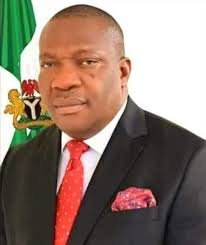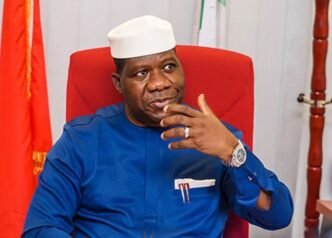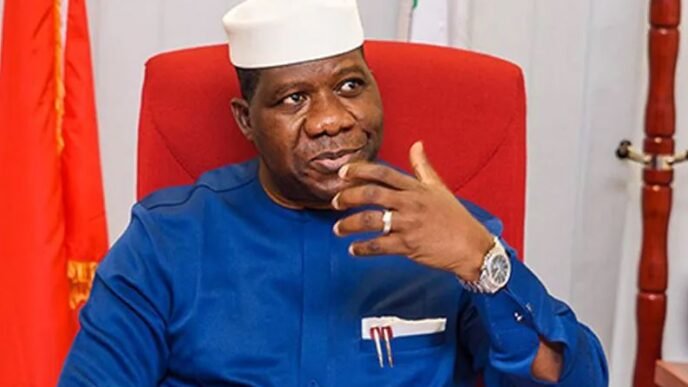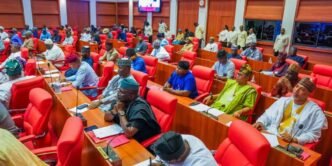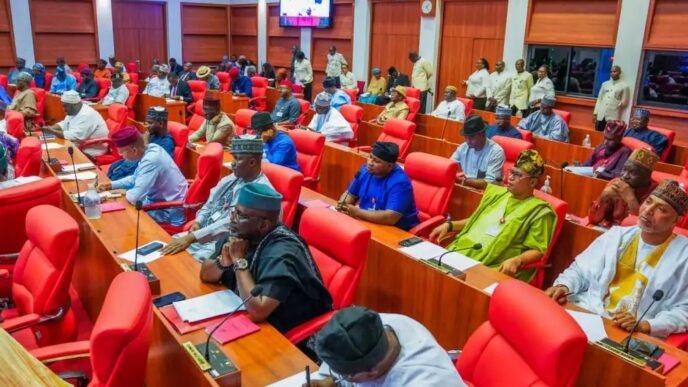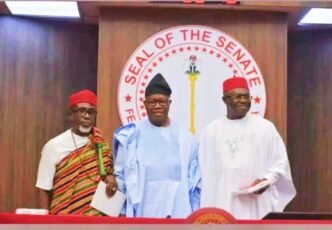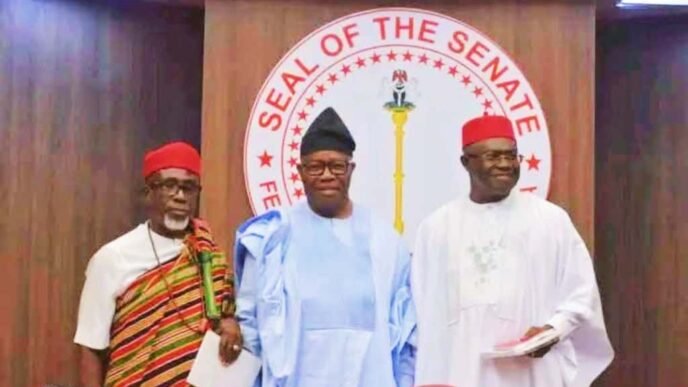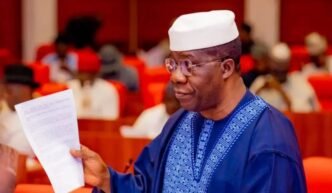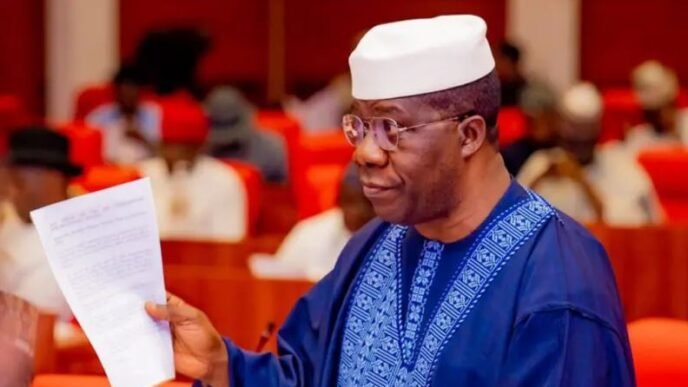Bill Sponsor: Sen. Ekong, Sampson (Aka-Ibom South)
Bill Progress: Committee Stage
The Nigeria Mines Rangers Service (NMRS) (Establishment) Bill, 2025 (SB. 253) aims to create a specialized security and enforcement agency dedicated solely to the mining sector.
The primary objective of the NMRS is to address several pressing issues related to mining in Nigeria. The proposed agency aims to combat illegal and artisanal mining activities, secure mining sites, and ensure compliance with environmental regulations. Additionally, the NMRS would be equipped to respond to mining emergencies, provide assistance to trapped miners, and investigate mining accidents while enforcing compliance with existing mining regulations.
The bill, while presenting a clear vision for the future of mining security in Nigeria, has also ignited significant debate among stakeholders. The creation of the NMRS has drawn opposition from the Federal Government, particularly from the Ministry of Solid Minerals Development, the Ministry of Interior, and the Nigeria Security and Civil Defence Corps (NSCDC). These agencies have raised concerns about the potential duplication of functions that the NMRS could bring to the already complicated landscape of enforcement and regulation within the mining sector.
Critics argue that the NSCDC already possesses a dedicated Special Mines Surveillance Task Force, which has been authorized and trained to specifically combat illegal mining and safeguard critical national assets. They emphasize that the introduction of the NMRS may lead to unnecessary overlap in responsibilities and create confusion in enforcement efforts.
Conversely, proponents of the NMRS—including Senator Ogoshi—assert that the current security agencies have not been effective in addressing the crisis posed by illegal mining. They point to the massive revenue losses attributed to these activities, estimated to be in the billions of dollars annually. Supporters maintain that without a focused and specialized agency like the NMRS, efforts to curb illegal mining and encourage compliance with environmental standards will continue to fall short.
The varied perspectives on the NMRS raise essential questions about the most effective way to manage Nigeria’s rich mineral resources while ensuring the safety of both the environment and the workers in the mining sector. As the Senate Committee on Solid Minerals engages in further deliberations, stakeholders from across the mining industry, environmental groups, and governmental agencies will likely continue to voice their opinions on the proposed legislation.
The outcome of the NMRS Bill has the potential to shape the future of mining governance in Nigeria, influencing both economic growth and environmental stewardship. As the nation seeks to diversify its economy and harness its mineral wealth, the efficacy of the NMRS will hinge on how well it can integrate with existing enforcement frameworks while addressing the urgent challenges facing the sector. The upcoming discussions will be critical in determining the path forward for mining security and regulation in Nigeria.
